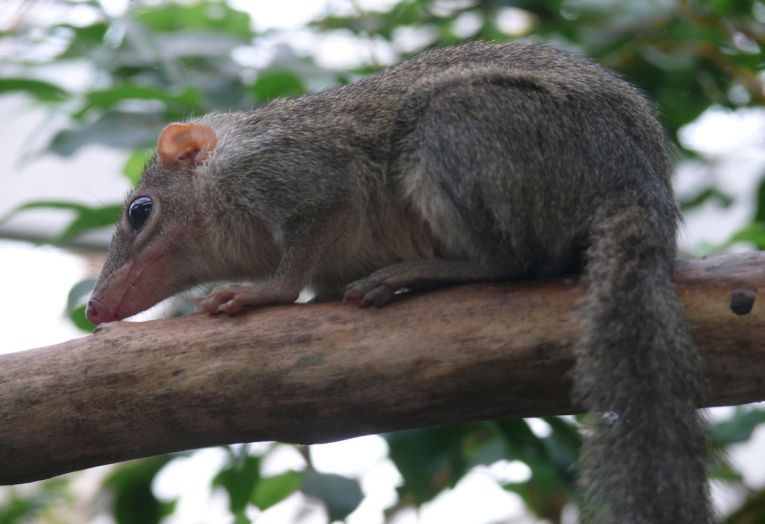Throughout Thailand, the forests can be seen magically disappearing, to be replaced by golf courses and, in this case, reservoirs. Tourists don't often penetrate the wonderful Chiew Larn Lake, near Surat Thani, as Koh Samui lies in one direction and (Koh) Phuket in the other.
The islands left behind in the 1982 reservoir, however, reveal a really important loss that could be repeated elsewhere. Not only reservoirs, but also islands and the universal tiny patch of "tourist jungle" are simply traps from which mammals will disappear completely.
The Atlantic Forests of Brazil are one of the many fragmented habitats now very much in danger. In major biodiversity hotspots, the future of the lemurs, orang-utan and tiger are in our useless hands. Extinctions loom even faster than normal.
Fragmentation of forest is the real problem, as more and more evidence builds up on lack of genetic diversity (without wildlife corridors) and invasive plants and animals. In this case the field rat, Rattus tiomanicus, was responsible for much of the extinction, after both 5-7 and 25-26 year samples were taken on the reservoir's islands.
Even larger islands lost almost 100% of small mammals, with a mean extinction "half-life" of 13.9 years. Human-modified landscapes have many undiscovered treats in store for their inhabitants, but we are the last to know about the losses to biodiversity, nature, the food-webs and of course our own sad and empty environment.
On the lake itself, roughly one individual small mammal remained on each island, soon to be eaten, presumably, by the field rats! The tree shrews and numerous mice and gymnures are normally found in various niches in southern Thailand. To save one small Tupaia glis of any of its many varieties, would be enough for me.
Luke Gibson from the National University of Singapore, who's a graduate student, and Prof. Corey Bradshaw from the University of Adelaide and their colleagues published the research paper in the journal Science.
Luke describes the area as, "like an ecological Armageddon. None of us expected such a dramatic change from 20 years ago," he claims, in an honest assessment of just how extreme these effects are.










